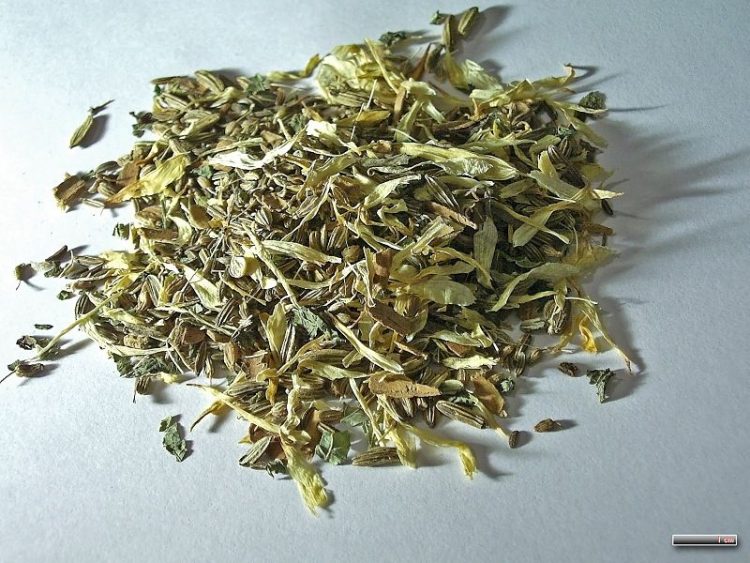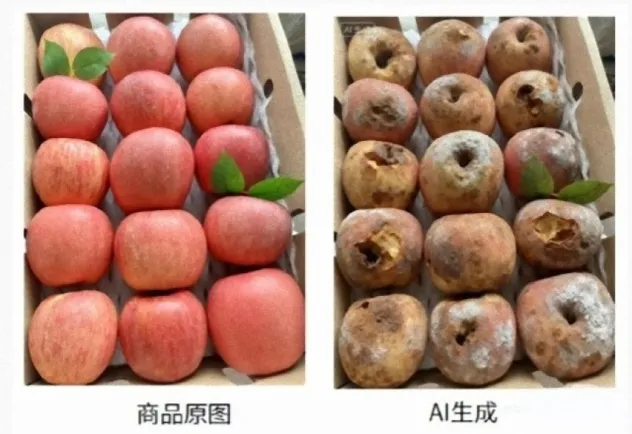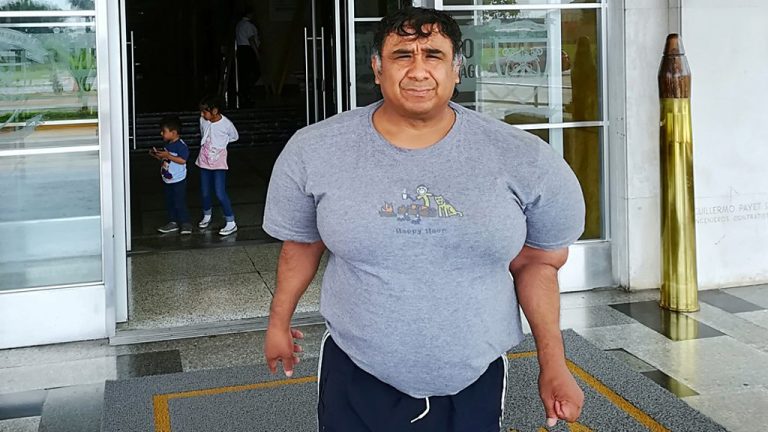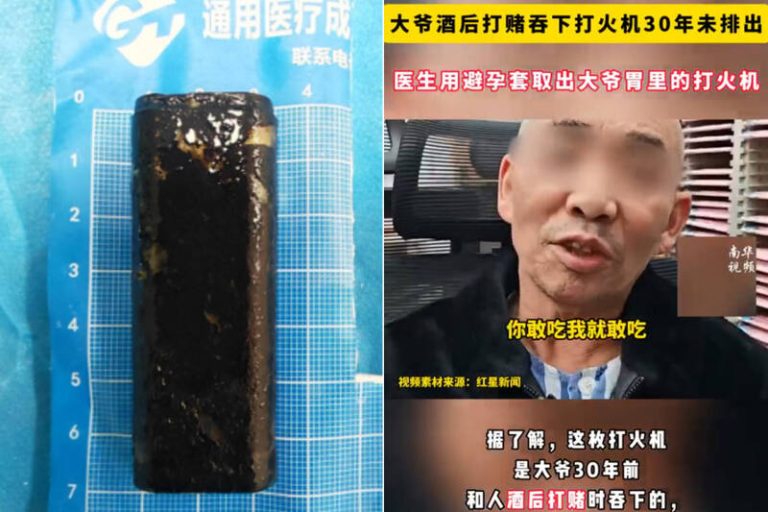Ordering a bag of herbal tea on the internet sounds harmless enough, but, as one young Russian man learned a couple of years ago, it can sometimes land you in prison for a very long time.
Alexei Novikov’s incredibly sad story began in September of 2015. The 34-year-old man was going to pick up his wife and daughter, who were living in Russia’s Samara region at the time, and decided to hitchhike instead of taking the bus. To cut his trip short, Novikov decided to cut through neighboring Kazakhstan, and in order to avoid any unnecessary trouble, he headed to the Isikul Road border post. Once there, he asked the border guards if he could cross the border on foot, but before answering him, they demanded that he present his backpack for inspection. And that’s when everything started going downhill for Novikov.

Photo: Rilke/Wikimedia Commons
While searching through the backpack, the border guards found a plastic bag labeled “Diabetisan” containing a blend of different dried plants. Alexei explained that as both the name of the product suggested, this was an all-natural herbal tea for the prevention of diabetes. The bag even featured a description in Spanish, which read “six unique herbs for the prevention and treatment of diabetes”, and the man even encouraged the suspicious guards to brew some and try it for themselves. They didn’t take him up on his offer. Instead, they called a cynologist and a sniffer dog.
Not having smelled anything dubious in the bag, the Cocker Spaniel turned away indifferently from the tea. The border guards didn’t write this in their report, but the surveillance footage later requested by Novikov’s lawyer clearly showed that the dog did not detect any narcotics.
Alexei Novikov was allowed to cross the border, but the bag containing “a dark green substance of vegetable origin with a characteristic smell of mint tea” (as noted in the report) was confiscated in the presence of a witness. The 34-year-old did not object, but tried to explain that he had imported the tea from Peru as a health supplement. That didn’t seem to interest anyone, but at least he was free to go. Unfortunately, that was not the end of it.

Photo via Radio Liberty
Three months after the border crossing incident, Alexei Novikov was put on Russia’s criminal wanted list, and on January 29, 2016, he was detained, charged with “illegal acquisition of narcotic drugs” as well as “drug smuggling” and taken 800 km away from his home to a maximum security detention center. In November of 2016, Novikov was sentenced to 10 years and one month in a strict regime prison colony.
Alexei’s lawyer claims that the case is a disgrace to the Russian justice system, and claims that there is clear proof that the prosecution presented forged evidence in court. For example, the tag used to seal the bag seized from his client was not the one presented in court – the first had the signature of the senior officer present at the border crossing at the time of the confiscation, while the one examined by a state expert is signed by another officer, who had finished his shift before Alexei arrived at the border post.
Furthermore, the bag presented in court did not feature the aforementioned Spanish description of the contents, and in the report of the border guard who inspected Alexei’s backpack, the line “dark green substance with a mint smell” was replaced with “a brown substance with a sharp, specific smell”.

Photo via Radio Liberty
Andrei Vlasov, Novikov’s lawyer, claims that Judge Beloborodov from the Isilkul Town Court didn’t even consider all this proof of evidence tampering, and since the expert’s report concluded that the confiscated substance tested positive for “synthetic cannabinoids” also known as ‘Spice’, she convicted Alexei to over a decade in prison.
Despite all the issues highlighted by Novikov’s lawyer in court, he has been rotting in prison ever since the judge’s verdict. His lawyer appealed to higher courts, and produced even more proof of faulty evidence from the prosecution, including the narcotic expert’s report.
The expert did not substantiate why he referred the substance to narcotics – there are no descriptions, graphs, no references to scientific data, although the federal law requires that the expert’s conclusions be scientific, repeatable, verifiable. In addition, the study was conducted on unchecked equipment – there is no information that the gas chromatograph, used by the expert, passed, as it should, an annual check. I insist that this is not an expert conclusion, but speculation that the court did not check,” Yulia Kopeikina, a lawyer working with Vlasov, told Novaya Gazeta.

Photo via Novaya Gazeta
“How could Novikov know or suppose that there are narcotic substances in the tea that he bought on the Internet? He did not hide from the border guards, and he went to the checkpoint by naivety, and did not try to hide the package, kept it in a backpack in a conspicuous place and showed it at the first request,” lawyer Sergei Eremin added. “The article on which he was convicted suggests direct intent, and if he is not, then there can be no crime. Both the city court of Isilkul and the Omsk regional court violated the fundamental principle of a civilized state – the presumption of innocence.”
Last month, Alexei’s lawyer managed to get his case reviewed by another panel of judges, who dismissed the charge of “acquisition of narcotic drugs” but maintained that of “smuggling of drugs”. They decided to leave the accused’s prison sentence unchanged – 10 years and one month.
Alexei Novikov’s case has become a central focus of Russian human rights activists who have vowed to seek a repeal and file another complaint to the Supreme Court of the Russian Federation.

Photo: Jubair1985/Wikimedia Commons
In the meantime, Novikov is stuck in prison, his wife has been stripped of parental rights and their daughter is now in the care of her grandmother. So the next time you’re in Russia and happen to be carrying anything that could draw the attention of customs or border officers, maybe just throw it away, just to be sure…
Sources: Radio Liberty, Novaya Gazeta, Om1













